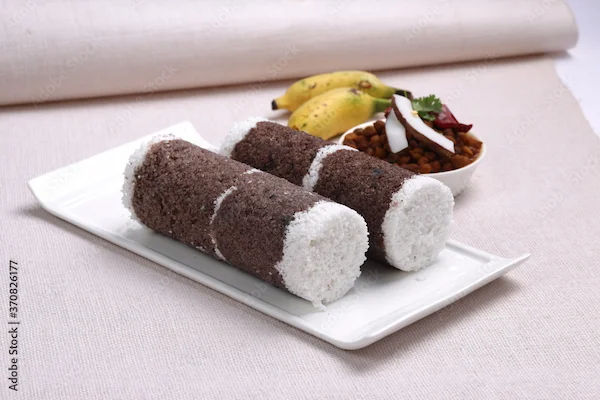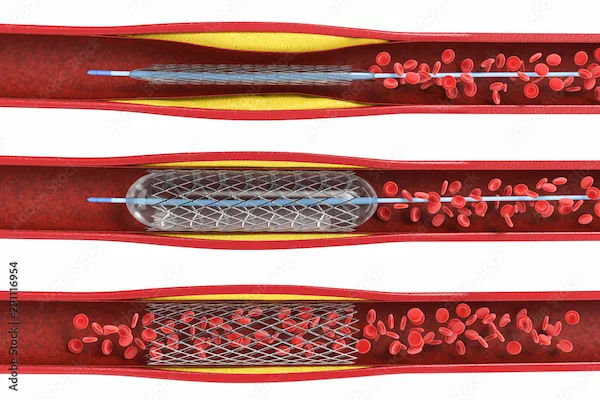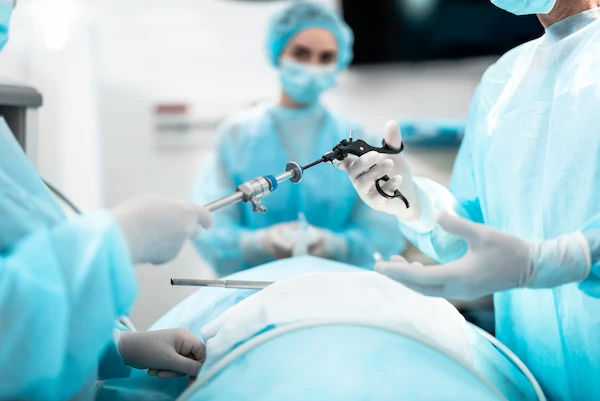Understanding Period Myths and Facts
Confused by common period myths? Get the facts about menstruation, from hygiene and exercise to fertility and pain. Learn when to seek help and how to manage your cycle better.

Written by Dr. Rohinipriyanka Pondugula
Reviewed by Dr. Dhankecha Mayank Dineshbhai MBBS
Last updated on 25th Aug, 2025

Periods are a natural part of life for women and people with uteruses, yet they are often surrounded by myths, misconceptions, and unnecessary taboos. Many of these myths can lead to confusion, shame, or even harmful practices. In this article, we’ll separate fact from fiction and provide you with accurate, helpful information about menstruation.
Common Period Myths and the Truth Behind Them
Myth 1: Period Blood is Dirty or Impure
Fact: Period blood is not "dirty" or "impure." It is a natural bodily function that helps shed the uterine lining when pregnancy doesn’t occur. The blood contains tissue, mucus, and some blood, but it is not harmful or unclean.
Myth 2: You Shouldn’t Exercise During Periods
Fact: Exercise can actually help reduce cramps, bloating, and mood swings. Light activities like walking, yoga, or swimming can improve blood circulation and release endorphins (happy hormones) that ease discomfort.
Myth 3: You Can’t Get Pregnant During Your Period
Fact: While it’s less likely, pregnancy can still happen if you have unprotected sex during your period, especially if you have a shorter cycle or ovulate early. Sperm can live inside the body for up to 5 days, so timing can overlap.
Myth 4: Periods Should Be Exactly 28 Days Apart
Fact: A "normal" menstrual cycle can range from 21 to 35 days. Some people have irregular cycles due to stress, diet, or hormonal changes. If your cycle is consistently outside this range or very unpredictable, consult a doctor.
Myth 5: You Shouldn’t Wash Your Hair During Periods
Fact: There’s no medical reason to avoid washing your hair during periods. Hygiene is important, and bathing or washing hair has no effect on menstrual flow or health.
Myth 6: Tampons Take Away Virginity
Fact: Virginity is a social concept, not a medical one. Using tampons or menstrual cups does not affect virginity, as virginity is related to sexual intercourse, not period products.
Myth 7: Period Pain is Normal and Should Be Ignored
Fact: While mild discomfort is common, severe pain (dysmenorrhea) is not normal and could indicate conditions like endometriosis or fibroids. If pain disrupts your daily life, consult a doctor.
How Periods Affect Health
Menstruation is a sign of a healthy reproductive system, but it can sometimes come with challenges:
Hormonal Changes: Mood swings, bloating, and fatigue are common due to fluctuating estrogen and progesterone levels.
Iron Deficiency: Heavy bleeding can lead to anemia, causing tiredness and weakness. Eating iron-rich foods (spinach, lentils, red meat) helps.
Underlying Conditions: Irregular or painful periods may signal PCOS, thyroid issues, or endometriosis.
Consult Top Gynecologist
Tips for a Healthier Menstrual Cycle
1. Stay Hydrated – Drinking water reduces bloating and fatigue.
2. Eat a Balanced Diet – Include iron, calcium, and vitamin-rich foods.
3. Exercise Regularly – Helps with cramps and mood regulation.
4. Track Your Cycle – Use apps to monitor periods and detect irregularities.
5. Manage Stress – Stress can disrupt cycles; try meditation or deep breathing.
6. Choose the Right Products – Pads, tampons, menstrual cups, or period panties; pick what’s comfortable for you.
When to See a Doctor
Consult a healthcare provider if you experience:
Extremely heavy bleeding (soaking a pad/tampon every hour).
Periods lasting longer than 7 days.
Severe pain that doesn’t improve with painkillers.
No periods for 3+ months (if not pregnant).
Breaking the Stigma: Let’s Talk Openly
Periods are nothing to be ashamed of. The more we discuss them openly, the more we can debunk myths and support each other. If you have concerns about your menstrual health, don’t hesitate to seek professional advice.
Need Help? Book a Consultation Today!
If you have questions about your menstrual health or need expert advice, you can schedule a consultation with a gynecologist on Apollo 24|7. Stay informed, stay healthy!
Conclusion
Understanding the truth about periods empowers you to take better care of your menstrual health and break free from outdated myths.
By staying informed, practicing good hygiene, and seeking help when needed, you can manage your cycle with confidence and ease.
Consult Top Gynecologist
Consult Top Gynecologist

Dr. Chaitali Roy
Obstetrician and Gynaecologist
28 Years • MBBS , MS (Obstetrics & Gynaecology)
Kolkata
Roy's Clinic, Kolkata

Dr. Bharathi Balakrishna
Obstetrician and Gynaecologist
31 Years • MBBS,MD (Obstetrics & Gynaecology)
Bengaluru
Sanjeevini Speciality Health Care & Diagnostic Center, Bengaluru

Dr. Ritika Khurana
Obstetrician and Gynaecologist
16 Years • MBBS, DGO(GYNAECOLOGY AND OBSTETRICS)
Pune
Dr Rupali and Dr Ritika, Pune

Dr Homeira Nishat
Obstetrician and Gynaecologist
34 Years • MBBS, Diploma in Obstetrics & Gynaecology
Bengaluru
Cure Hospital and Clinic, Bengaluru

Dr. Debashree Saha
Obstetrician and Gynaecologist
4 Years • MBBS, MS (Obstetrics & Gynaecology)
Kolkata
DR. DEBASHREE SAHA Clinic, Kolkata




